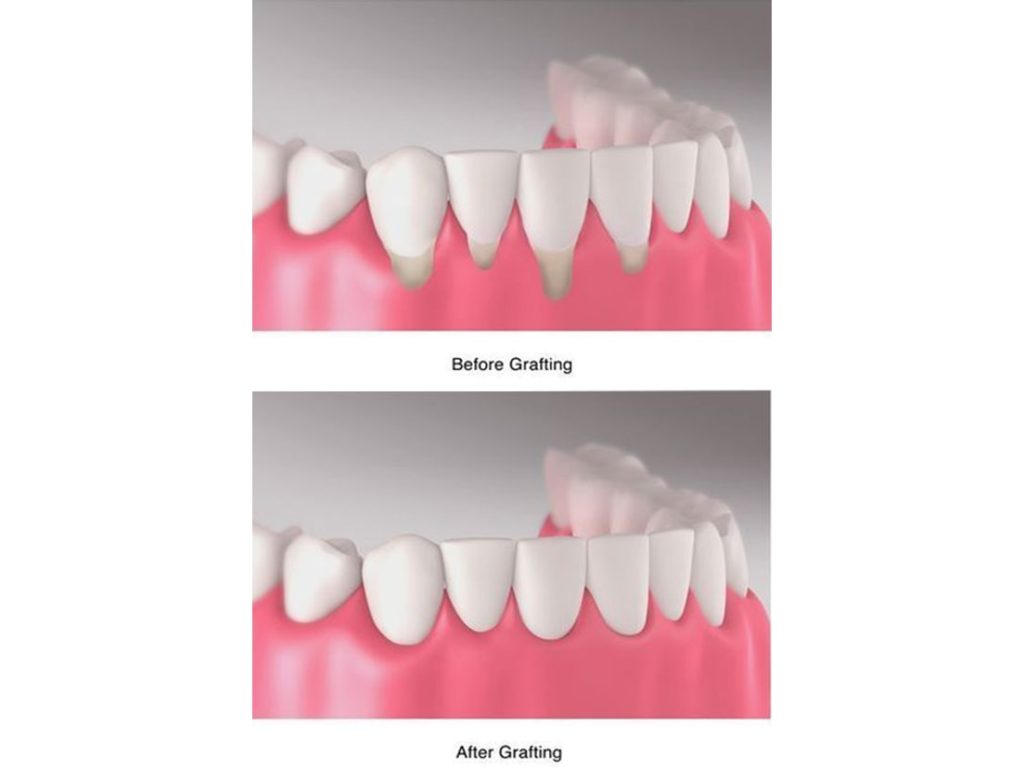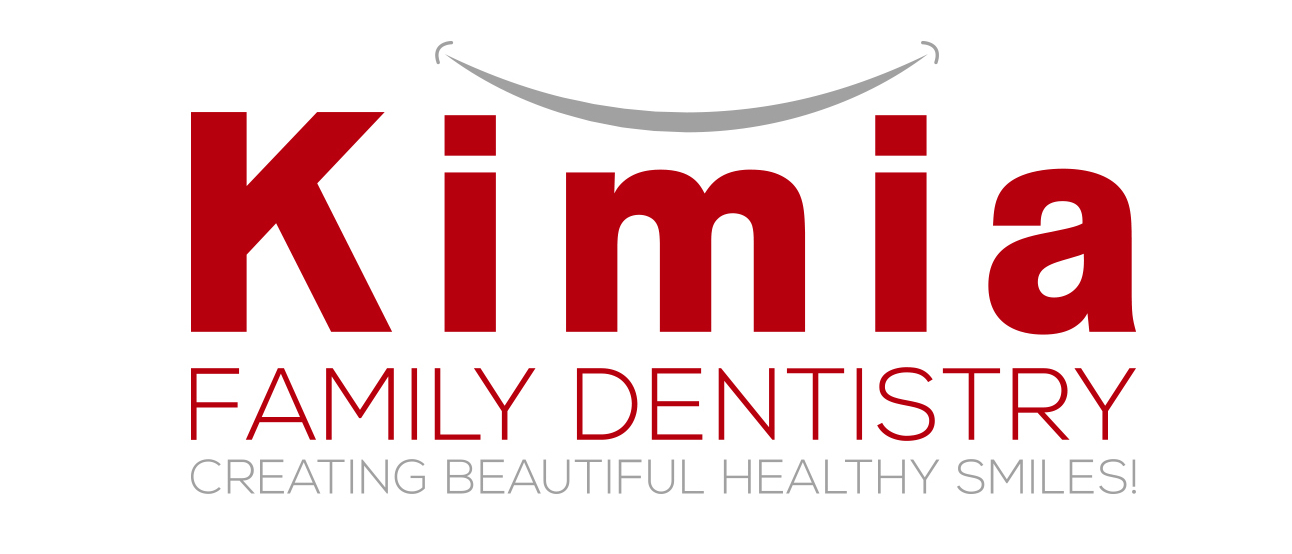Receding gums, or gingival recession, can be an alarming condition. Most people become nervous because they don’t really understand what causes the condition. While the appearance may be unnerving, treatment is fairly straightforward and, in some cases, may be as simple as changing your brushing habits.
What Causes Gingival Recession?
Gingival recession is the condition in which the gums recede, or lower. As this happens, they uncover the roots of the teeth. This occurs due to a number of reasons and understanding the specific cause will better help you and your dentist determine the best receding gums treatment for your condition.
- 1. Scrubbing Instead of Brushing – You can cause gingival recession to occur, if you brush your teeth too hard. You should be using a soft bristled toothbrush and only gently polish your teeth with just enough pressure to clean them. Brushing shouldn’t be painful.
- 2. Hereditary – If your parents experienced gum disease in their lifetime, there’s a higher probability that you will develop gingival recession.
- 3. Positioning of the Teeth – If your teeth are crooked or positioned abnormally, this can cause your gums to recede.
- 4. Bruxism – This is the habit of grinding your teeth, which often occurs during sleep. If you have developed this habit, it’s important to discuss it with your dentist, because it can damage the teeth and gums. If this is the cause of your gingival recession, the treatment may be as simple as wearing a mouthguard to bed.
- 5. Poor Oral Health – When you fail to take proper care of your teeth and gums, conditions, such as gum recession, may develop. Similarly, trauma to the teeth or gums can instigate the condition.

Treating Gingival Recession
If you notice gingival recession early and consult a dentist Granada Hills trusts, it may be easily corrected. As with any medical condition, early detection is the key to successful recovery. Treatment may be as simple as practicing better flossing habits, buying a new toothbrush, or investing in a good mouth guard.
In the case of severe conditions, your dentist may bring in a periodontist to assist, so you can be treated more efficiently. This may require more of a thorough cleaning, which involves a process called scaling and root planing. You may also have to undergo gum grafting in Granada Hills, depending on the seriousness of your condition.
Following treatment, you will likely be given a new toothbrush and dental floss. Your dentist will provide you with detailed instructions on how to practice efficient oral care and how to care for your teeth during your recovery from the treatment procedures. If you follow these instructions meticulously, you will be able to keep your teeth and gums healthy for years to come.

